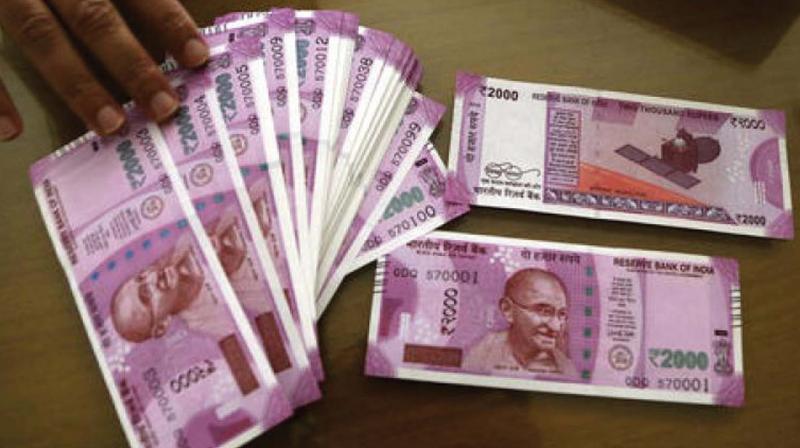Kerala: Audit finds expenditures without bills
Ditto was the case of Rs15 lakh drawn by a top agriculture officer in 2015 supposedly as demonstration charges' for some experimental crop.

THIRUVANANTHAPURAM: The superintendent of a sub jail in the state had in 2016 drawn Rs 50,000 to purchase clothing for inmates and bedding for the jail’s kitchen staff. Till date, the money has not been accounted.
Ditto was the case of Rs 15 lakh drawn by a top agriculture officer in 2015 supposedly as ‘demonstration charges’ for some experimental crop.
The Kerala Treasury Code says that all such ‘contingent claims’ drawn using abstract contingent (AC) bills should be backed up by detailed contingent (DC) bills that should be submitted before the 10th of every month to the controlling authority for countersignature.
The failure of the jail superintendent and agriculture officer to submit DC bills is not an exception. This practice of not adjusting the drawn money with detailed accounts seems rampant.
A random internal audit conducted as part of a massive cost-saving drive has found nearly 30 bills drawn by 17 drawing and disbursal officers, involving nearly Rs 50 lakh, were not adjusted as DC bills were not submitted for countersignature.
“Non-submission of DC bills would lead to retention of advance amount drawn with the drawing officers without accounting under the proper heads of account,” a top finance department official said.
“Perhaps, in some cases the money would have been used for the purpose for which it was sought for. It is just that the officers have not followed it up with detailed bills. Any which way you look at it, unaccounted figures are a loss to the exchequer and smacks of corruption,” he added.
Contingent charges include all incidental and other expenses which are incurred for the running of an office or for the technical working of a department. The main items are common to most offices, and would invariably include expenditure on furniture, books and periodicals, service postage and telegrams, bicycles, electric charges, cleaning charges, customs duty on imported stores, and freight charges. It will also include incidental expenditure which is required for technical or other special reasons in the working of particular offices and departments, namely expenditure on clothing and other equipment in such departments as the Jail.

